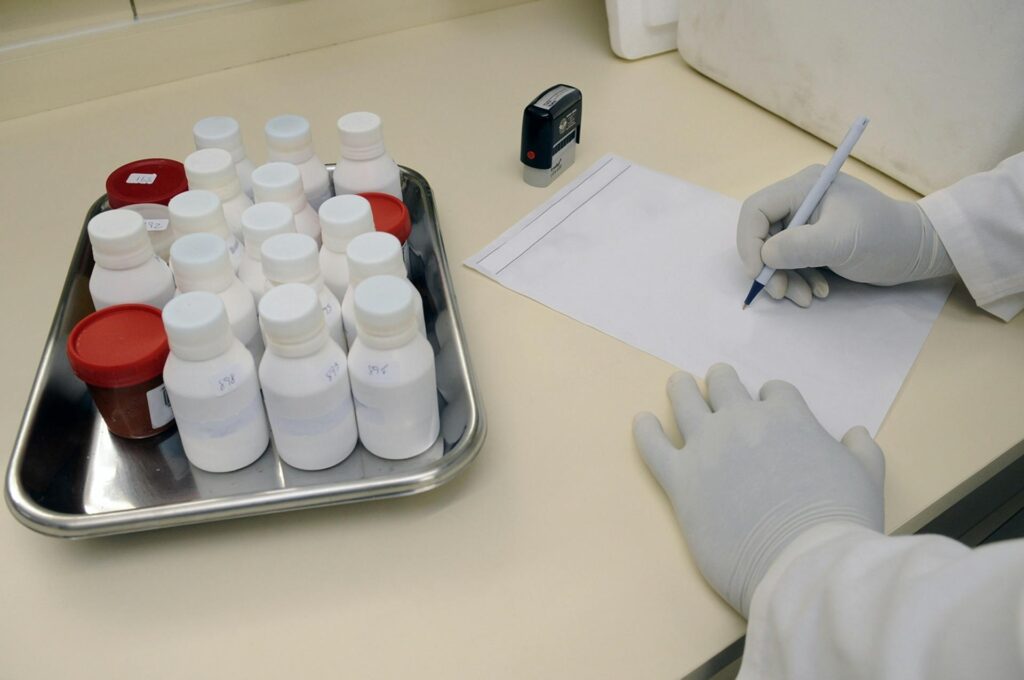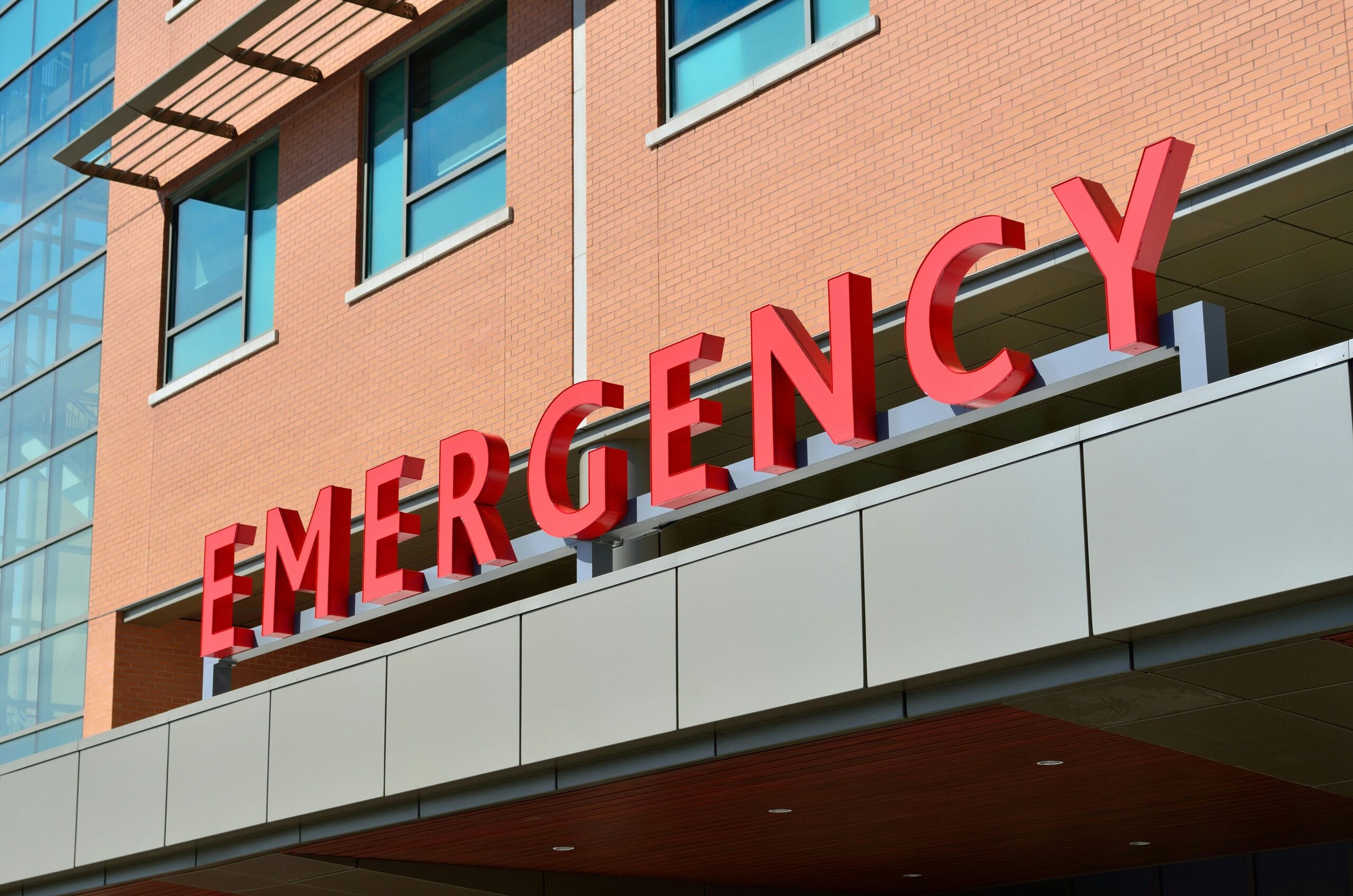Pharmacists are very important individuals of the healthcare system in hospitals; in case of role of Pharmacist they contribute now no longer handiest through doling out medicines but as well through making sure safe, effective, and rational use of medication. As professionals in pharmacology and medicinal drug medication management, they play a necessary function in optimizing patient care, stopping medicinal drug errors, and increasing scientific results. This article will explore the important roles of pharmacists in hospitals, their contribution to patient care, and the way forward of pharmacy exercise in healthcare settings.

Introduction to the Role of Pharmacists in Hospitals
Pharmacists have long been diagnosed for their considerate of medicinal drug management. In medical institution systems, however, their function extends some distance past really selling out drugs. Hospital Pharmacist work with physicians, nurses, and different healthcare specialists to make certain that patients get better, practical care and the use of medicines correctly and effectively. Hospital pharmacists are concerning about each thing of patient care, from the immediate a patient is admitted to while they’re discharged. They are concerning about medicinal drug counseling, making sure proper and correct drug dosages, checking drug interactions, and assisting to treatment by pharmacotherapy.
1.Medication Therapy Management
One of the important role of pharmacists in hospitals is medicinal drug product management. This entails reviewing patient medicines to make certain they are getting proper treatments for their conditions (complications, diseases). Medication therapy management targets to optimize treatment results through stopping adverse drug events, minimizing drug interactions, and dealing with aspect consequences. Pharmacists check the suitability of every medicinal drug mainly based totally on a patient’s health condition, age, kidney and liver function, and ability of hypersensitive reactions or sensitivities. Pharmacists additionally cross check the effectiveness of medications and make correction if needed. In a few cases, hospital pharmacist will suggest changing to the prescribing health practitioner or advise opportunity treatments. This near teamwork is important for enhancing patient results and decreasing hospital readmissions associated with medicinal drug problems.
2.Ensuring Medication and patient Safety
Medication errors are a considerable challenge in healthcare systems. Hospital pharmacists play a key function in decreasing those errors by lots of safety measures. They manage the education and dispensation of medicines, making sure that the proper drug, within the proper dose, is run to the proper patient at the proper time. Hospital Pharmacists additionally overview patient charts to confirm that prescribed medicines are appropriate and check for drug interactions that might make harm. Hospital Pharmacists frequently consult with other healthcare specialists in a “scientific pharmacy” or “pharmacotherapy rounds” setting, in which they offer enter-on drug dosage forms for hospitalized patients. They additionally provide tips on decreasing adverse drug reactions (ADRs) and make certain that patients catch a way to use their medicines correctly, decreasing the probability of misuse.
3.Clinical Decision Support In a hospital
Hospital pharmacist’s choices for patient care are very important, requiring input from other healthcare providers. Hospital Pharmacists having important role to scientific decision-making through supplying evidence-primarily based totally advice about drug selection and dosage forms. Hospital pharmacist use their understanding to assist physicians and different clinicians navigate complex medicinal drug dosage forms, in particular for patients with a couple of continual conditions or who are on polypharmacy (the usage of a couple of medicines). Hospital Pharmacists additionally make use of generation selection that helps scientific decision-making, which involves drug databases, drug interaction checkers, and laboratory end result evaluation methods and tools. Hospital pharmacist assists in checking whether or not prescription drugs are appropriate for a patient’s health condition, their weight and measures they take for weight loss, kidney function, and different factors that may have an impact on drug medication.
4.Patient Counseling
One of the important roles pharmacists play is teaching patients about their medicines. When patients are admitted to a hospital, they will be prescribed new medicines or have their present routine adjusted. Pharmacists offer counseling on a way to take medication properly, drug interactions and any very important life saving modifications. Hospital Pharmacists additionally make certain that patients appreciate the importance of implementing (Adhering) to prescribed treatments. Medication non-adherence is a considerable difficulty in healthcare, leading to worsened consequences, extended hospitals readmissions, and better healthcare costs. By presenting clean, understandable information, pharmacists empower patients to control their medicines effectively, contributing to higher long term health results.
5.Role in Specialized Hospital Units
Pharmacists regularly specialize in certain regions of Hospital care, supplying centered understanding. Some pharmacists work in important care units, wherein they screen and change medicines for patients in life-threatening conditions. Others can also additionally specialize in oncology, pediatrics, or infectious disease, wherein specialized expertise of drug treatments is required. These specialized pharmacists work intently with physicians to make precise and accurate drugs for patients. For example, oncology pharmacists help in dosing chemotherapy agents, presenting focusing on minimizing feature consequences, and dealing with complicated medicinal drug dosage forms. Similarly, pediatric pharmacists are professionals in adjusting drug doses for children, who have exclusive physiological personality in comparison to adults. For other related articles click here to get inform about health related information.
6.Role to Preventing Hospital Readmissions
Hospital readmissions are a main challenge, each from a health and financial perspective. Hospital Pharmacists play an important function in decreasing readmissions through presenting discharge counseling, making sure patients understand their medicinal drug routine, and explaining any disturbances to adherence. They overview discharge medicines with patients to make certain they are clean on while and a way to take every drug. Additionally, pharmacists can also additionally interact with outpatient pharmacies to make certain that patients have access to their medicines after discharge, decreasing the chance that they will prevent taking their medicines.
7.The Future of Hospital Pharmacy Practice
As the healthcare tool keeps evolving, the function of pharmacists in hospitals is becoming more and more important. Technological advances, comprehensive of computerized doling out structures and artificial intelligence tools, are converting the way pharmacists paint, permitting them to be more aware of direct patient care. Pharmacists are getting extra concerned in telemedicine, presenting digital consultations to patients who are being handled remotely. There is similarly a developing importance on pharmacists taking part in preventive care. For example, pharmacists are taking over extra compulsion for dealing with repeated illnesses like diabetes, hypertension, and asthma, assisting patients to control their situations and keep away from complications. For health related articles.
8.Support of Patient care technician to Hospital pharmacist
1.Patient care technician assist hospital pharmacist with medication preparation and dispensing. 2.Patient care technician restock shelves and maintain inventory. 3.Provide additional support for patient care and patient safety. 4.By working together hospital pharmacists and PCTs can improve patient care, enhance medication safety and optimize healthcare outcomes.
9.Salary of Hospital pharmacist
The average salary for a hospital pharmacist varies and is dependent on experience, qualifications, and responsibilities.
Hospital pharmacist salaries can range from 50$ to 85$ per hour in united states.

Frequently Asked Questions (FAQ)
-
What qualifications are needed to become hospital pharmacist?
For becoming pharmacist, a person needs to normally having a Doctor of Pharmacy (PharmD.) degree from an authorized college of pharmacy.
-
How do pharmacists make a role to stopping drug errors in hospitals?
Pharmacists decrease drug errors through reviewing patient records, checking for drug interactions, verifying dosages, and making sure that medicines are administered properly. They additionally offer schooling to healthcare groups about safe drug practices and assist recognize ability troubles earlier than they occur
-
Do hospital pharmacists prescribe medicines?
Hospital pharmacists normally no longer prescribe medicines independently, as that is the function of physicians. However, they offer information on drug therapy, advise changes to prescriptions, and assist in optimizing drug dosage forms.
-
How do pharmacists assist patients with continual sicknesses within the hospital?
Pharmacists assist in controlling continual sicknesses through reviewing drug dosage forms, making sure that tablets are being taken correctly, and checking for adverse and side effects. They can also teach patients about lifestyle changes, suggest changes to therapy, and work with healthcare groups to make certain complete care.
-
How can pharmacists assist in reducing hospital readmissions?
Pharmacists assist decrease hospital readmissions through making sure patients teke their medicines at discharge, presenting counseling on right remedy use, and helping within the transition from hospital to home.
-
How much hospital pharmacists salary in United States?
Hospital pharmacist salary in United States hourly averages 51$ to 81$ (Dollars).


7 thoughts on “Role of Pharmacist in Hospitals in 2024”
Good job👍